ARTICLE AD BOX
Julian O'Neill
BBC News NI crime and justice correspondent

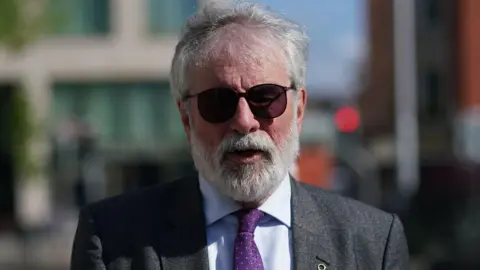 PA Media
PA Media
Gerry Adams, pictured on Thursday, outside the High Court in Dublin
The BBC has rejected an allegation that it broke the rules of responsible journalism in a story alleging Gerry Adams sanctioned a British agent's murder, the High Court in Dublin has heard.
The court was told the BBC had six sources for its story.
Mr Adams, 76, is suing the BBC for alleged defamation over a 2016 Spotlight programme and an online article on the murder of Denis Donaldson a decade earlier. He denies any involvement.
On day eight of the libel trial before a jury, John O'Loan, an Australian journalist who helped set up Sky News, was called as an expert witness on behalf of Mr Adams.
He said he had been in journalism for 45 years and his former positions included being a news editor and a managing director.
He was tasked by Mr Adams' lawyers to write a report based on the programme, the online story, correspondence and documents obtained under legal disclosure.
The Spotlight programme featured an anonymous interview with a source known as Martin, who made the allegation against Mr Adams.
'We had no idea of that'
Mr O'Loan told the 12-person jury: "The BBC did not met the editorial thresholds for responsible journalism in its inclusion and presentation of solo, anonymous allegations against Mr Adams.
"The segment lacked sufficient editorial veracity to be published.
"No secondary documentation or verifiable evidence was presented to support the serious criminal allegation."
He went on to note that the journalist, Jennifer O'Leary, did not challenge Martin on the claim and his contribution was given "disproportionate prominence".
Mr O'Loan said documents he viewed did not detail "where or if" the BBC corroborated the claim of its source.
"We were given to understand that Martin was a former spy, that's all we knew," he said.
"That's the justification of publishing the allegation which is pretty thin."
Mr O'Loan, cross-examined by Eoin McCullough, acting for the BBC, was then challenged on his evidence, including his claim the BBC did not corroborate Martin's allegation.
Mr McCullough noted that post-broadcast BBC correspondence provided to Mr O'Loan referred to "multiple, authoritative, credible sources".
'Didn't stack up'
Yet, he said, the expert report had stated the story had no corroboration.
The barrister said there were five sources, plus Martin.
Mr McCullough said there were a total of three other sources from the security community and two republican sources, which corroborated the allegations made by Martin.
"Martin was not the only source to give the programme team this information, the programme team received the information from multiple, authoritative, credible, confidential sources," he said.
Mr O'Loan said: "On the broadcast we had no idea of that. There was nothing evident.
"That's what I wrote the report on."
He accepted that he had left out of his report any reference to the BBC claiming it had multiple sources as he believed "it didn't stack up".
Mr McCullough also said Mr O'Loan had sought to "denigrate" Martin and the seriousness of the story by referring to him in his evidence as "some bloke".
'Controversial' figure
Former US congressman Bruce Morrison gave evidence for Mr Adams via video link from Bethesda, near Washington DC.
He played a role in the Northern Ireland peace process during the Clinton administration of the 1990s.
Accepting Mr Adams is a "controversial" figure, he nonetheless described him "as a serious man on a serious mission" of achieving peace.
Mr Morrison described Mr Adams as "an elder statesman".
"He is seen as somebody who made an extraordinary contribution to change what Northern Ireland was like to what it's like today," he added.
He said Mr Adams had been lauded by former President Clinton and former Prime Minister Tony Blair.
Paul Gallagher, for the BBC, pointed out Mr Adams had been denied a US visa because of "terrorist connections".
Mr Morrison replied: "I don't know of his association with the IRA.
"It only takes allegations to deny a visa."
The case will continue next Tuesday.
Who was Denis Donaldson?

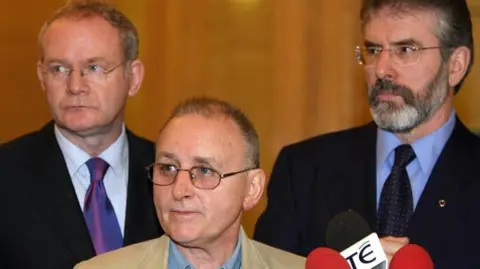 PA Media
PA Media
Denis Donaldson was a key figure in Sinn Féin and worked closely with former leaders Martin McGuinness and Gerry Adams
Mr Donaldson was once a key figure in Sinn Féin's rise as a political force in Northern Ireland but he was found murdered in 2006 after it emerged he had been a spy.
He was interned without trial for periods in the 1970s.
After the signing of the Good Friday Agreement, Sinn Féin appointed Mr Donaldson as its key administrator in the party's Stormont offices.
In 2005 Mr Donaldson confessed he was a spy for British intelligence for two decades, before disappearing from Belfast.
He was found dead in a small, run down cottage in Glenties, County Donegal.
Who is Gerry Adams?
Mr Adams was the president of republican party Sinn Féin from 1983 until 2018.
He served as MP in his native Belfast West from 1983 to 1992 and again from 1997 until 2011 before sitting as a TD (Teachta Dála) in the Dáil (Irish parliament) between 2011 and 2020.
Mr Adams led the Sinn Féin delegation during peace talks that eventually brought an end to the Troubles after the signing of the Good Friday Agreement in 1998.
He was detained in the early 1970s when the government in Northern Ireland introduced internment without trial for those suspected of paramilitary involvement.
Mr Adams has consistently denied being a member of the IRA.

 7 hours ago
5
7 hours ago
5
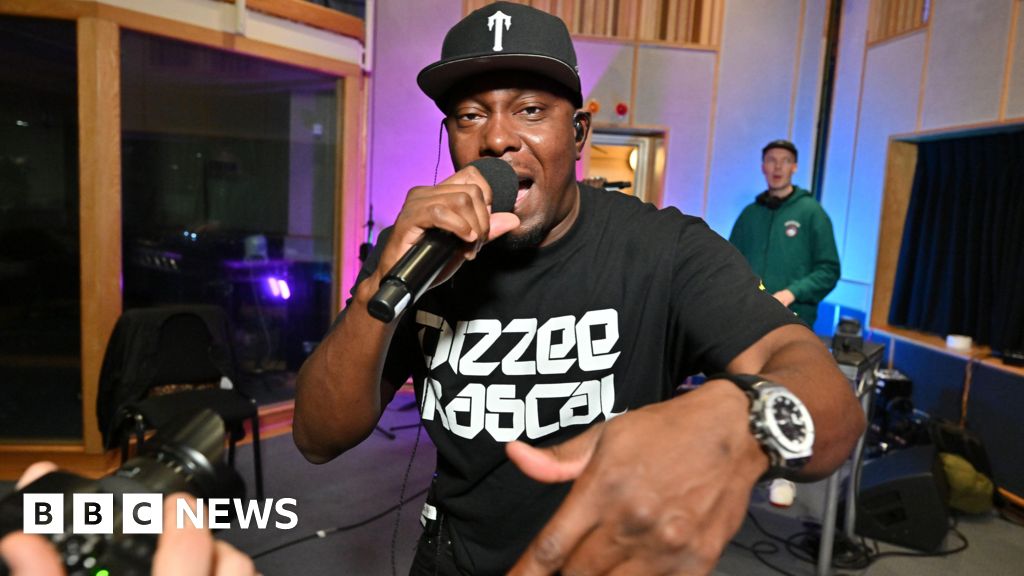
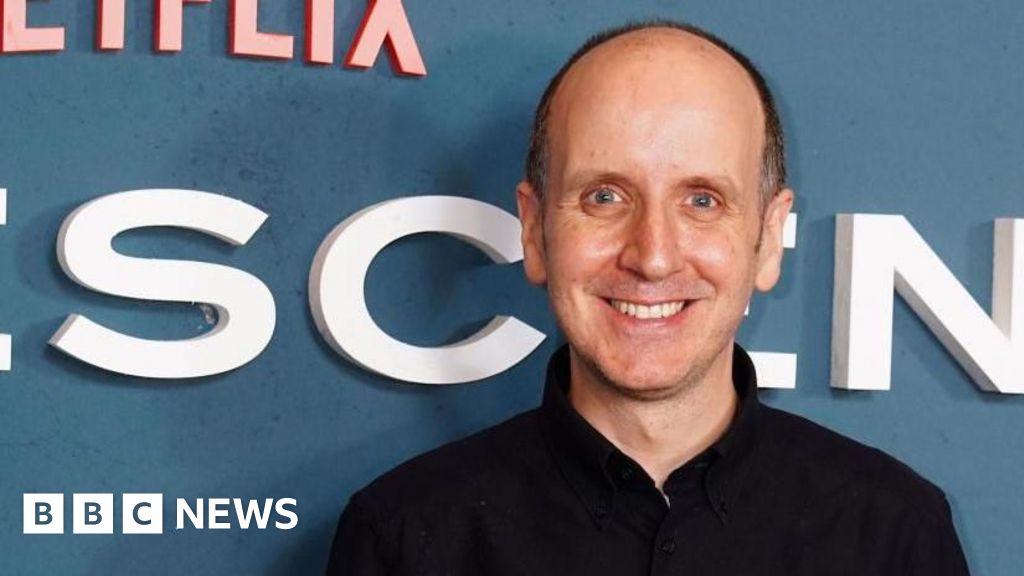
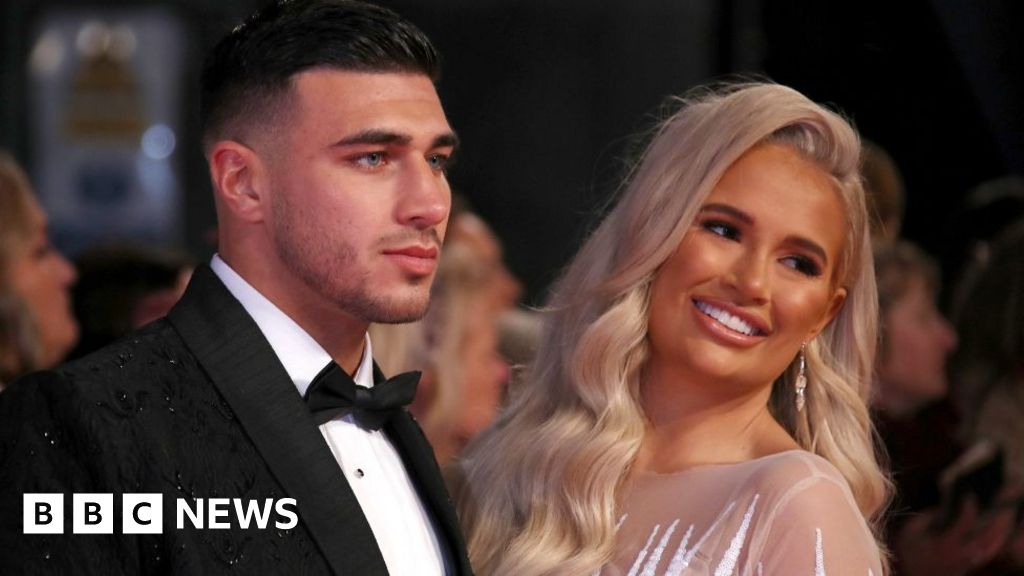





 English (US) ·
English (US) ·